Table of contents
General considerations about generalized anxiety
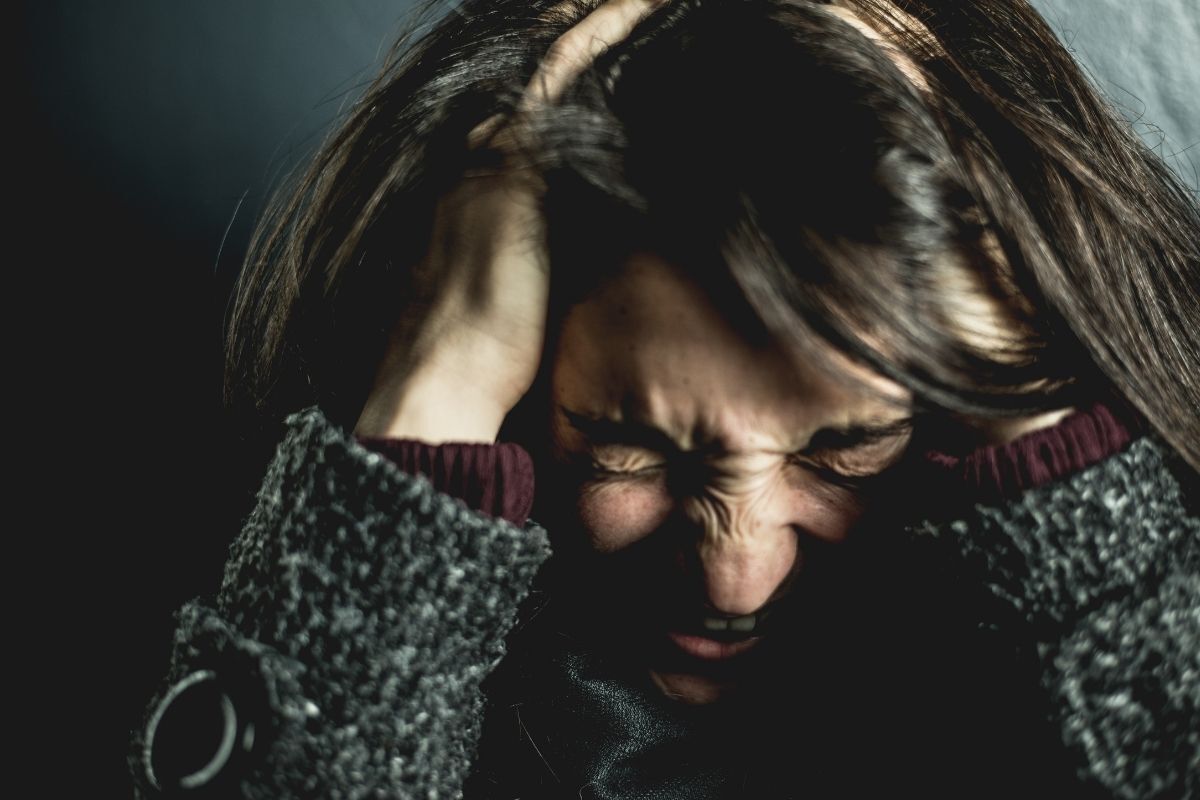
Generalized anxiety disorder (GAD) is a psychological disorder characterized by excessive anxiety or in greatly exaggerated worry about everyday routine things or imagining that catastrophic and disastrous events may occur.
This concern is totally unreal and disproportionate, so people with this disorder live worried, afraid and panicky that absurd things will happen, they are always on the alert signal, that is, always attentive in everything that can happen with themselves or with others.
Anxiety is a common and important feeling, but there are situations in which it becomes a mental disorder, which affects about 264 million people worldwide and 18.6 million Brazilians are suffering from some type of anxiety disorder. Learn more details in this article.
Generalized anxiety and its symptoms

Generalized anxiety, as its name already says, is an exaggerated feeling and the worry is so excessive that it ends up interfering in all areas of life.
Many people have difficulty understanding, through symptoms, that they may have an anxiety disorder, others end up self-diagnosing themselves on the internet and taking medications without medical advice. In this section, you will understand all the aspects that can signal generalized anxiety.
What is generalized anxiety
You need to be aware of the concepts and symptoms of generalized anxiety to understand it the right way. GAD is a mental disorder where excessive worry needs to be exacerbated daily for at least 6 months.
Due to the difficulty in understanding this concern, the individual ends up entering into a very large emotional distress and unfortunately this will impact on work, school, social and love relationships.
For the correct diagnosis, in addition to the specific symptoms you must not have other phobias or mood issues, and you must not be on medications or have conditions that can affect mood and well-being.
What are the main symptoms of generalized anxiety
People with TAG can present several physical and psychological symptoms, presenting changes in behavior and cognitive levels. The physical symptoms are: diarrhea, nausea, sweating, muscle tension, fatigue, sweating, sleep disturbances, tremors, rapid heartbeat and the feeling that you are going to have a heart attack are very common.
Regarding behavior and cognition, people with generalized anxiety may present, in addition to excessive worry, difficulties in making decisions, in concentrating, in relaxing, they cannot enjoy life and have a lot of irritability.
In addition, they may present with intrusive thoughts, which are thoughts where the individual commits immoral and inappropriate acts that they would never commit in their life.
How common is anxiety?
Anxiety is a common feeling and very important for physiology and survival of the individual. For example: a wild boar in the savannah is feeding peacefully and suddenly sees a lion watching him, immediately cortisol levels are released into the bloodstream and the body goes into a state of total alert, focusing all energy in this situation.
The first action is to flee, to run as fast as possible, and that's what the boar will do to escape from danger. The same happens in stressful situations that show some danger to the person, this mechanism will immediately go into action, but generalized anxiety goes beyond that.
What are the differences between anxiety and generalized anxiety
You already understand how anxiety happens, but what's the difference with GAD? In generalized anxiety disorder the mechanism that the boar triggered to be able to flee in the dangerous situation will happen in any situation.
The person with TAG cannot distinguish what is really dangerous, for him any situation will put him in danger, and therefore he must always be on the alert. And it is when this happens that we understand that the individual is with TAG, because anxiety is a common and normal feeling in appropriate situations that require this reaction, the problem is when it gets out of control.
What are the causes and origins of generalized anxiety
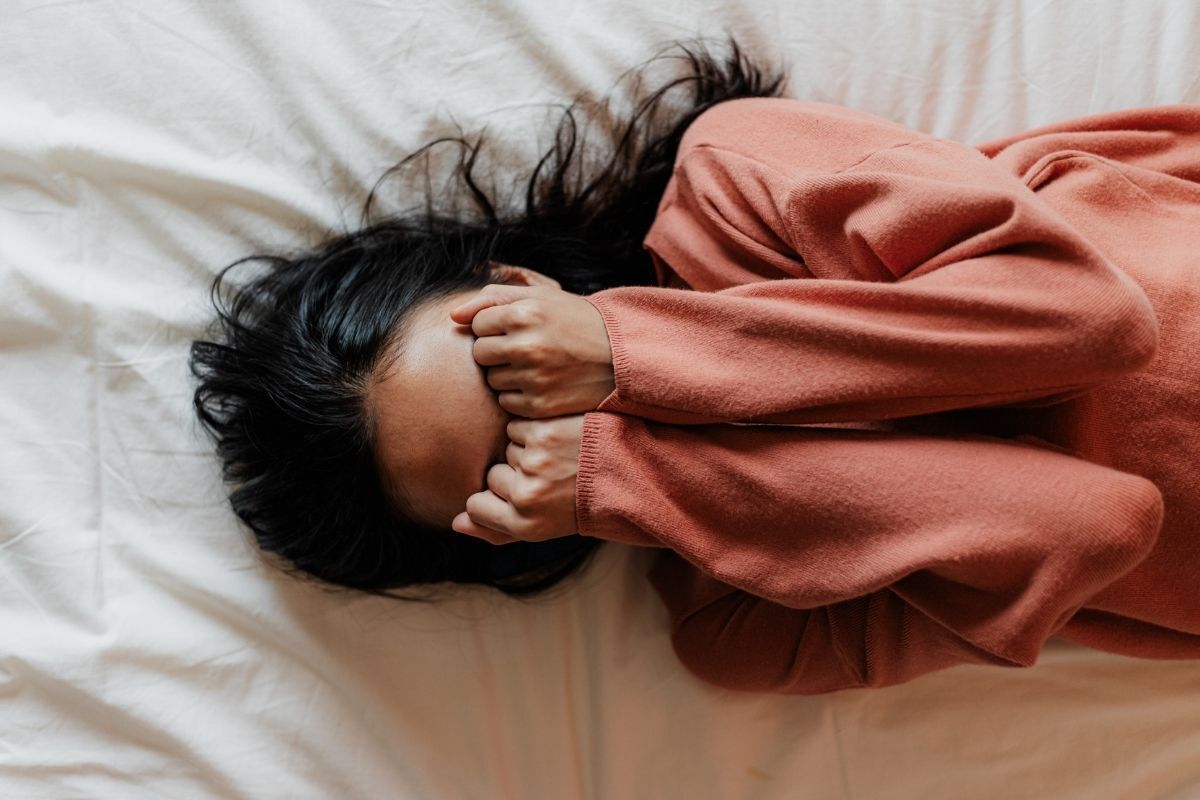
Like other comorbidities, generalized anxiety can also have its origin in biological and environmental factors, genetic issues can directly influence the onset of this disorder, but the environment and life history, or recent events can determine the onset of the disorder or not.
It is worth emphasizing that it is something that people have no control, so do not feel guilty, on the contrary, understand the disorder and seek help is the best way.
Genetics
Research regarding psychiatric disorders is increasingly advanced, and several of them show that family history plays an extremely relevant role in the onset of generalized anxiety.
In other words, if your parents, grandparents, uncles or cousins have symptoms of the disorder in your family, it is possible that it has been hereditarily transmitted. This is not the only factor, but it can greatly increase the chances of an individual developing TAG. If your parents have been diagnosed, the chances are greater.
Brain chemistry
TAG is related to the abnormal functioning of nerve cells, which are unable to make brain connections in the specific regions in which they act. These connections produce neurotransmitters that are responsible for carrying information from one nerve cell to another.
The neurotransmitter most affected in SBT is serotonin. Therefore, individuals have low rates of serotonin, which is known as the happiness hormone, being responsible for regulating sleep, appetite, mood, heart rate, memory, among others. That is why these factors are so affected in people with SBT, due to the little serotonin they produce.
External and environmental factors
It is known that the environment can shape the individual from birth, so this is also fundamental to the onset of psychological disorders. The moments experienced in childhood and adolescence can be decisive for the onset of the disorder in adulthood, traumas, prejudice experienced, physical and psychological violence, bullying, etc.
In adulthood, stress predominates the daily lives of many people, which can also contribute to the onset of the disorder, as well as traumas experienced throughout adulthood, because TAG can affect individuals of all ages.
Diagnosis and treatment for generalized anxiety
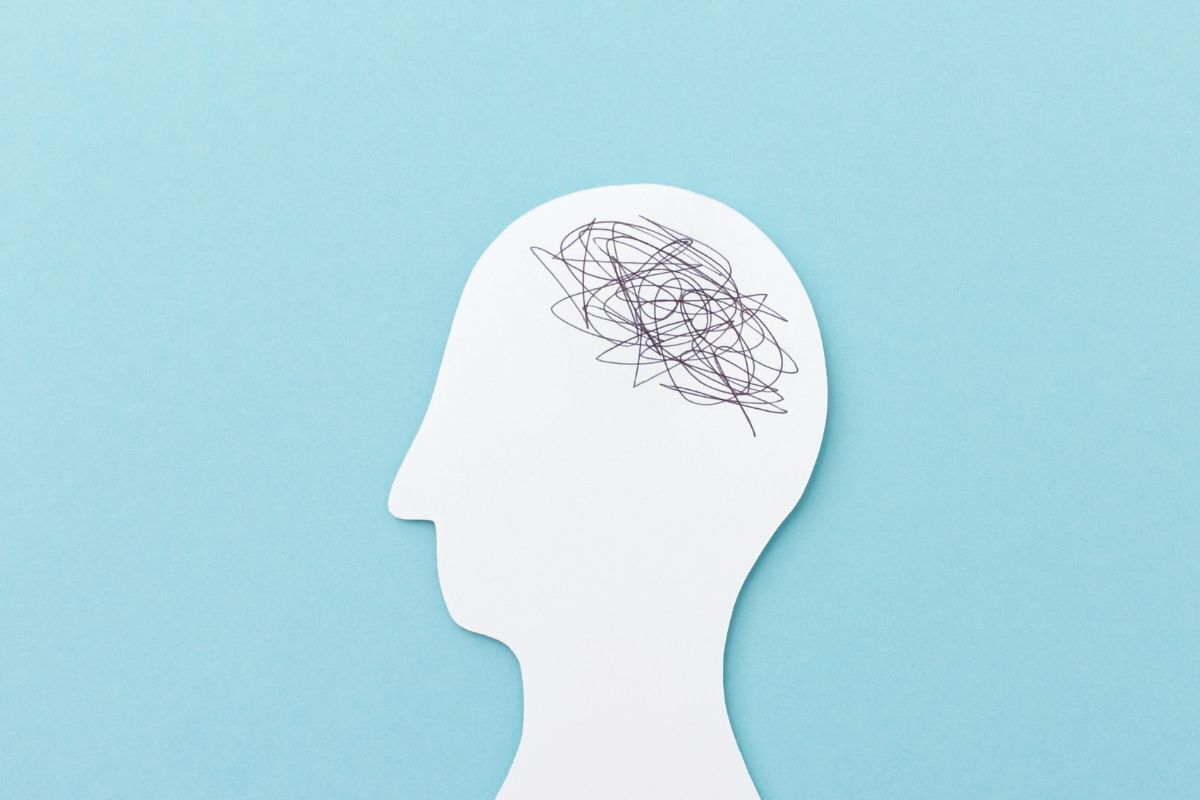
After detecting the symptoms, it is very important to go after a qualified professional in the area, such as psychiatrists and psychologists, so that the correct diagnosis can be made and the appropriate treatment can be recommended depending on the patient's situation. It is important not to self-diagnose yourself on the internet but always to seek help from health professionals.
The diagnosis of generalized anxiety
When visiting a qualified professional, you should state your symptoms, so the doctor will ask questions to understand your medical and psychiatric history. Lab tests are not necessary, but it is also important to rule out other comorbidities that may interfere with well-being, such as thyroid disorders.
Based on the reports, intensity and duration of symptoms the psychiatrist or psychologist will make the diagnosis and indicate the most appropriate treatment.
Treatment of generalized anxiety
Treatment for generalized anxiety consists of medication, therapy and also lifestyle changes.
The insertion of physical activities and a healthy diet are usually extremely beneficial for patients, it is still important not to stop taking the medications and abandon the therapy, because the treatment must be done correctly to obtain improvements.
Medicines
The drugs used to treat generalized anxiety are antidepressants, many people hearing this name believe that these drugs are only for people who are suffering from depression, but no, this class of drugs serves a variety of mental disorders, including obsessive compulsive disorder, panic disorder, among others.
Psychotherapy
Psychotherapy is part of the treatment for anxious people, and among the available therapies the most indicated for those with generalized anxiety is the cognitive behavioral therapy (CBT), in which the patterns and behaviors that lead the individual to have such harmful anxiety will be understood.
Tips for managing anxiety

As previously mentioned, the change in lifestyle is one of the key points for an improvement of pathological anxiety, medications assist and help a lot in improving symptoms, but they can not account for everything. So it is important that the individual is dedicated to get healthier habits. In the following text, you will know some tips for managing anxiety.
Regular practice of physical activities
The change from sedentary to active state makes all the difference for the patient who has generalized anxiety, because physical activity practices release endorphins that help in relaxation and feeling of well being.
You can find some activity that you like and dedicate yourself to it, it can be any one, even if it is walking 30 minutes 3 times a week, certainly you will already feel the difference.
Inclusion of foods with tryptophan
Tryptophan is an amino acid that the body cannot produce, so it needs to be acquired through food. It helps in the production of serotonin, melatonin and niacin, so it is also used as treatment and prevention of depression and anxiety.
Due to its benefits, it is important for individuals who have generalized anxiety to consume foods that have tryptophan. This amino acid can be found in foods such as: semi-sweet chocolate, walnuts, peanuts, Brazil nuts, bananas, potatoes, peas, cheese, eggs, pineapple, tofu, almonds, among others.
Finding ways to relieve everyday stress
Society lives a fast pace 24 hours and really the work plus the exhausting routine ends up increasing stress, and this is responsible for the emergence of anxiety and depression. Even having a stressful daily life, it is necessary to find activities that help you relieve this stress.
Hobbies like reading, crafts, cooking, watching movies, among others, can be crucial for stress relief after an exhausting day of work, even a relaxing bath, a foot massage, already helps. Find something that gives you pleasure and satisfaction in doing.
Breathing control and breathing exercises
The anxious tend to breathe very fast, because the stress is so much that they are panting and in crises usually present shortness of breath. Deep breathing has always been something beneficial, but in these cases it is essential, in intense anxiety crises is very important to inhale and exhale deeply, because this way you will send more oxygen to the brain and the body, calming it down.
There are specific breathing exercises and practices to calm and reassure, one of them is to breathe in and out slowly counting to 4 and between them make a brief pause, really works and helps a lot in the most difficult moments.
Avoid negative thoughts
The human mind is an amazing thing and has such a great capacity that you still can't fully understand it. It's hard to avoid bad thoughts because thoughts flow in a flow where there is no control, it's the same thing when someone says "don't think about the pink elephant", the first thing you will do is think about the pink elephant.
So, it is necessary to be very clear to yourself that you are not your thoughts, these do not define you. After a bad thought, do not try to throw it away, to throw it under the carpet. In fact, this only worsens the situation. So, do the opposite, look at it without judgment, try to understand why you thought that and be sympathetic and understanding with yourself.
Encourage positive thoughts and share good times with people
Thinking about good things helps anyone, so try to think about what you enjoy, moments that have made you happy, things that cheer you up. Have friends and people you can enjoy good times and good laughs with, as a great friendship cycle is important for emotional and mental well-being.
Smile more and discover pleasure in new activities
We often belittle the act of smiling, but smiling is extremely beneficial to health, in addition to exercising the muscles of the face helps relieve tension and stress, so try to soften the face and smile even for the small joys of everyday life.
Finding new activities to do will also bring more pleasure into your life, explore new hobbies, new skills, allow yourself to do things you've always wanted to do, try to make time for it, even if it's once a week, but take time out exclusively for you.
Maintain a routine and organization
One of the symptoms that can appear in generalized anxiety is procrastination, which is funny, since anxious people like to have control over everything, but it is so much stress and activities to do that end up not being able to perform any and become stagnant.
Procrastination ends up appearing at work, at school, in homework, so it is important to organize and maintain a routine. Agendas, spreadsheets and planners help a lot in this regard, always organize yourself for the activities you need to do that day, try to go one day at a time.
Seek and strengthen self-knowledge
Self-knowledge is a difficult path, but it is liberating and fundamental for personal growth, because it is the acquisition of knowledge about ourselves, a deep analysis of what we are and what we represent. Thus, it is extremely important to better understand our capacity, ability, values, virtues and life purpose.
In addition, it provides the development of emotional intelligence. Soon, you will be able to define what your goals and objectives are, having clarity in your purposes, life mission and what you believe in.
Anxiety, depression and how to help those suffering with generalized anxiety
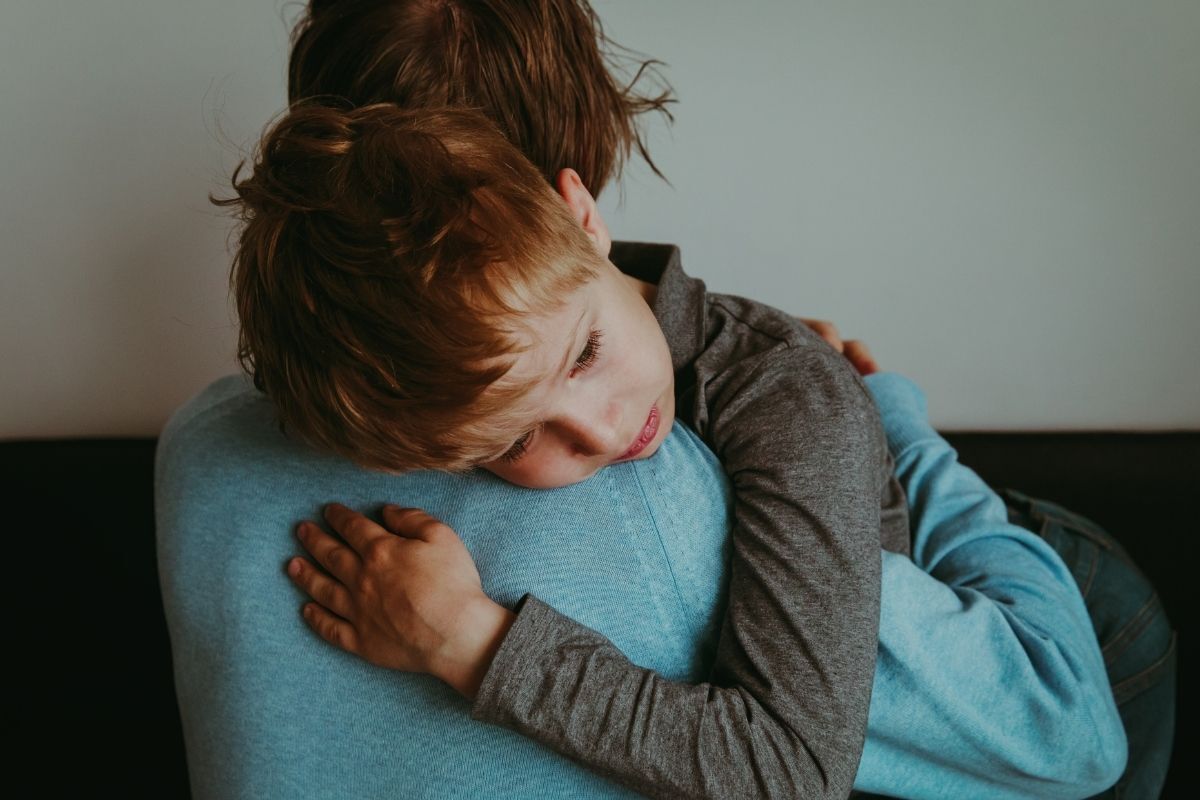
It is often difficult to tell the difference between anxiety and depression because the symptoms are similar. It is important to recognize the signs so that you can ask for help or help someone you know.
The most important point to help someone who is in mental distress is to be willing to listen without judgment and advise help from a trained professional, because only he can make the diagnosis and indicate the best treatment.
Anxiety and depression
A person with generalized anxiety may have depressive crises and depression, as well as a person with depression may have anxiety crises and have generalized anxiety, one does not exclude the other. The main point to be analyzed is in relation to the symptoms, because they are disorders that have similar symptoms it is necessary to pay attention to all.
Both depression and anxiety usually paralyze the person, you can not leave the place, the bed, the house, but the difference is that in anxiety the feeling of fear and anguish for future situations predominates, while in depression the individual will present disinterest and little energy for people and things of everyday life.
How to help children who suffer from anxiety
Currently, the cases of children with anxiety disorders have been increasing every year, and when they are in crisis they seek support from their parents, but they are not always able to help properly and may even intensify the symptoms.
The child does not have resources to overcome and elaborate the anxiety crisis, so the adults responsible for it should assist in the elaboration of feelings and validation of anxious thoughts, encouraging awareness that they are going through an anxious crisis and that these emotions and unpleasant sensations will pass.
How to help teens who suffer from anxiety
The same is true for adolescents, who already have a little more clarity about their emotions, can identify and name what they are feeling, but may be embarrassed to expose such feelings.
If you suspect that he is suffering from anxiety, offer support and clarify that it is normal to have a crisis and that all this fear and anguish will pass. Remember to always go after a psychiatrist or psychologist.
What is an anxiety attack or anxiety crisis?
An anxiety attack can come on suddenly or after you have a trigger, but usually you can't quite identify what may have triggered it, at that point your head is in a whirlwind of thoughts and fear and distress predominate at a very high level.
It is during the crisis that several symptoms of generalized anxiety manifest themselves intensely, crises are characterized by intense tachycardia, shortness of breath due to irregular breathing, fear, anguish, feeling of death, body tremors, sweating, some may feel nauseated and cry desperately.
It really seems like the end of the world and that there is no way out, but always remember that everything is temporary, and so are the crises.
Is it possible to prevent generalized anxiety?
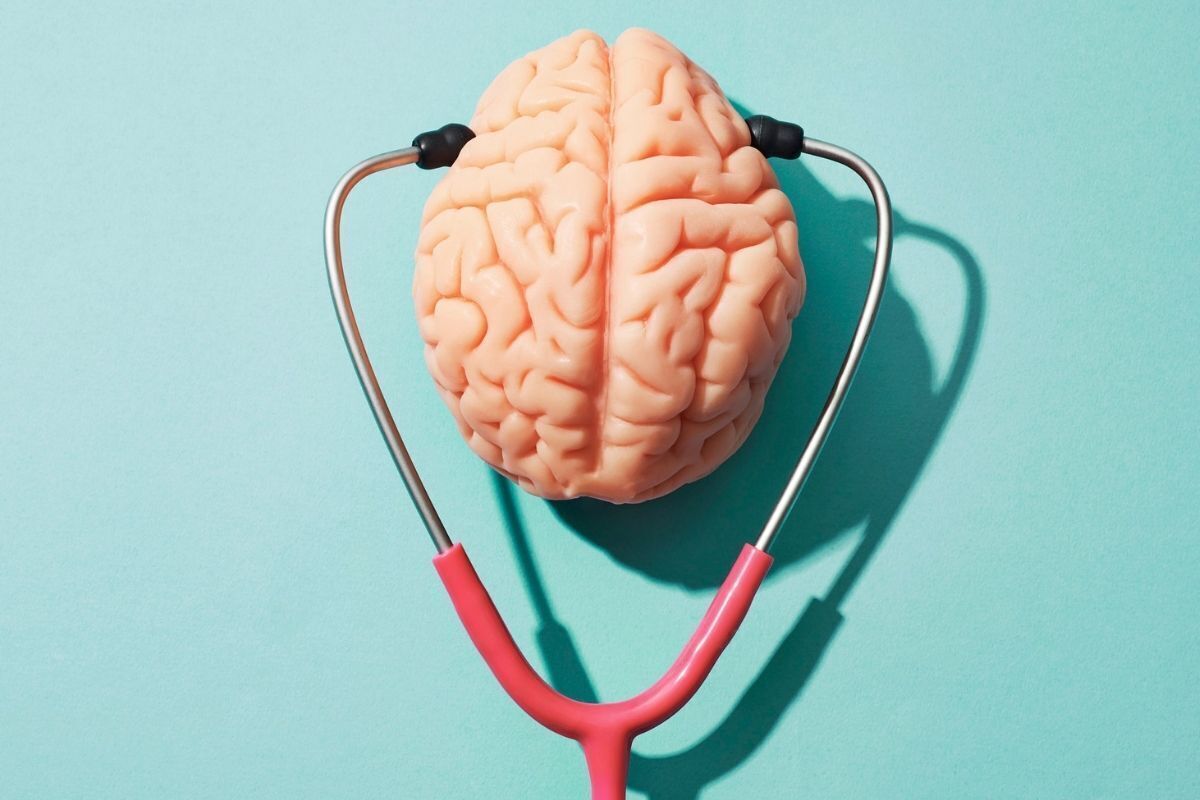
Anxiety, because it is something common and important in everyday life, is not something that can be controlled and prevented because it can arise in a more intense way depending on the situation.
All people throughout their lives will go through stressful and anxious moments, but there are those who could not cope in the best way and this anxiety will become more intense and pathological.
What can be done is to acquire a lifestyle that assists in the management of stress and anxiety from day to day, so it will be more difficult to become harmful. Keep in mind that the bad thoughts, restlessness, agitation, fear and anguish arising from anxiety are common feelings and emotions that pass.
If you are going through this situation, do not be ashamed to seek help, there are qualified and trained professionals to listen, understand and indicate the best possible treatment.

